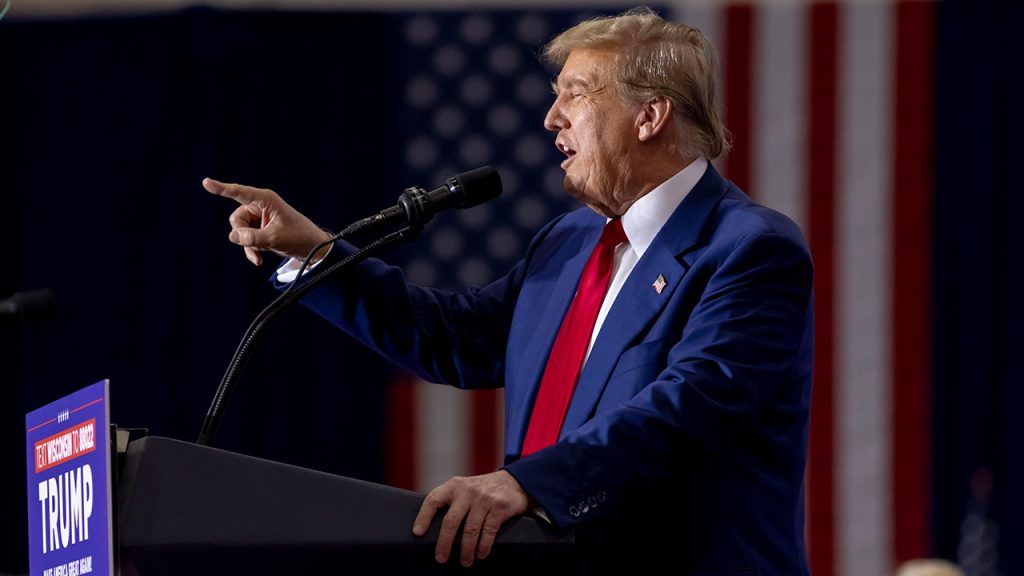Federal prosecutors have criticized Judge Aileen Cannon, who is presiding over former President Trump’s classified documents case in the Southern District of Florida. They argued that the potential jury instructions she issued were based on a “fundamentally flawed legal premise.” The judge asked for hypothetical jury instructions from both prosecutors and defense attorneys in response to scenarios where Trump claimed he was entitled to retain sensitive documents under the Presidential Records Act. The prosecutors asserted that this act is not relevant to Trump’s case and that he was not authorized under the Espionage Act to take highly classified documents with him when he left the White House.
Prosecutors allege that the documents recovered from Trump’s Mar-a-Lago home in a 2022 FBI raid were not personal and that there is no evidence Trump legally designated them as such. They claim that Trump only invented his argument after the possession of those documents became public knowledge, and that no witnesses supported the president’s claims during the investigation. Prosecutors warned that they will appeal if the judge proceeds with her order on jury instructions. The trial date remains unsettled, raising the possibility that the case may not be resolved before the November presidential election.
Judge Cannon, a Trump appointee, has yet to rule on multiple defense motions to dismiss the indictment, and disagreements between the two sides remain unresolved. The judge previously granted Trump’s request for an independent arbiter to review documents obtained during the FBI search of Mar-a-Lago, which drew criticism. The judge dismissed a motion to dismiss charges on grounds of “unconstitutional vagueness,” pointing out that the defense team’s interpretation of the Presidential Records Act could undermine the law. Cannon requested that prosecutors and defense attorneys draft jury instructions based on the premise that a president has sole authority under the PRA to categorize records as personal or presidential during their term.
Prosecutors argued that the judge’s interpretation of the Presidential Records Act was incorrect and that it should not play a role in the trial. They also requested the quick rejection of the defense’s remaining motion to dismiss. The documents case is one of four pending criminal cases against Trump, and he has pleaded not guilty in all of them. The trial remains uncertain due to the unresolved issues between the prosecution and defense. The prosecutors’ frustration with the judge’s handling of the case highlights the contentious nature of the legal proceedings surrounding the former president’s classified documents case.
The dispute over the classification of documents and the interpretation of the Presidential Records Act has become a central point of contention in Trump’s legal battle. The prosecutors’ assertion that Trump was not authorized to possess highly classified documents after leaving office contradicts his claims of authority under the PRA. With the possibility of an appeal and ongoing disagreements between the prosecution and defense, the outcome of the case remains uncertain. The judge’s decisions and interpretations of the law will play a crucial role in determining the legal implications for Trump in this high-profile case.


